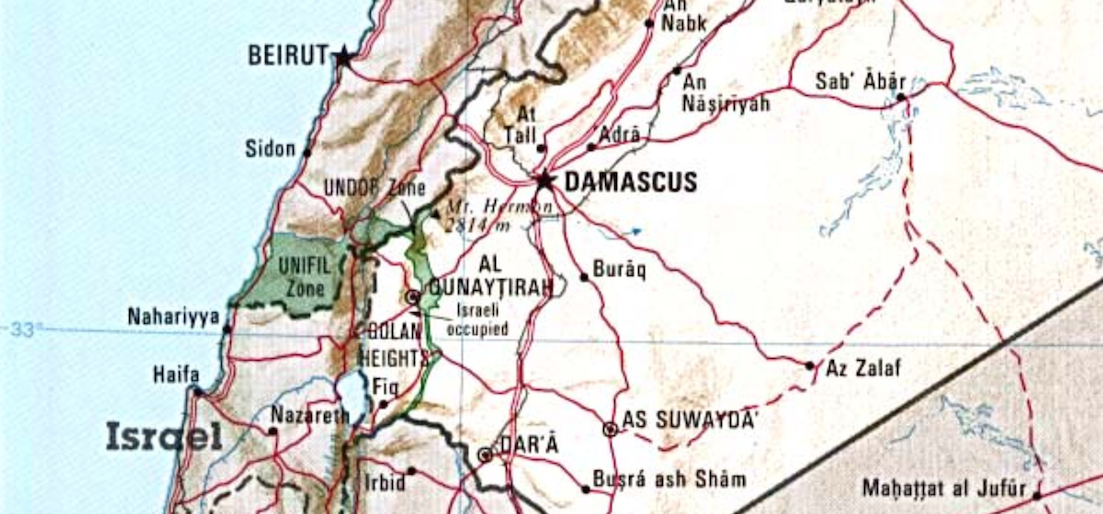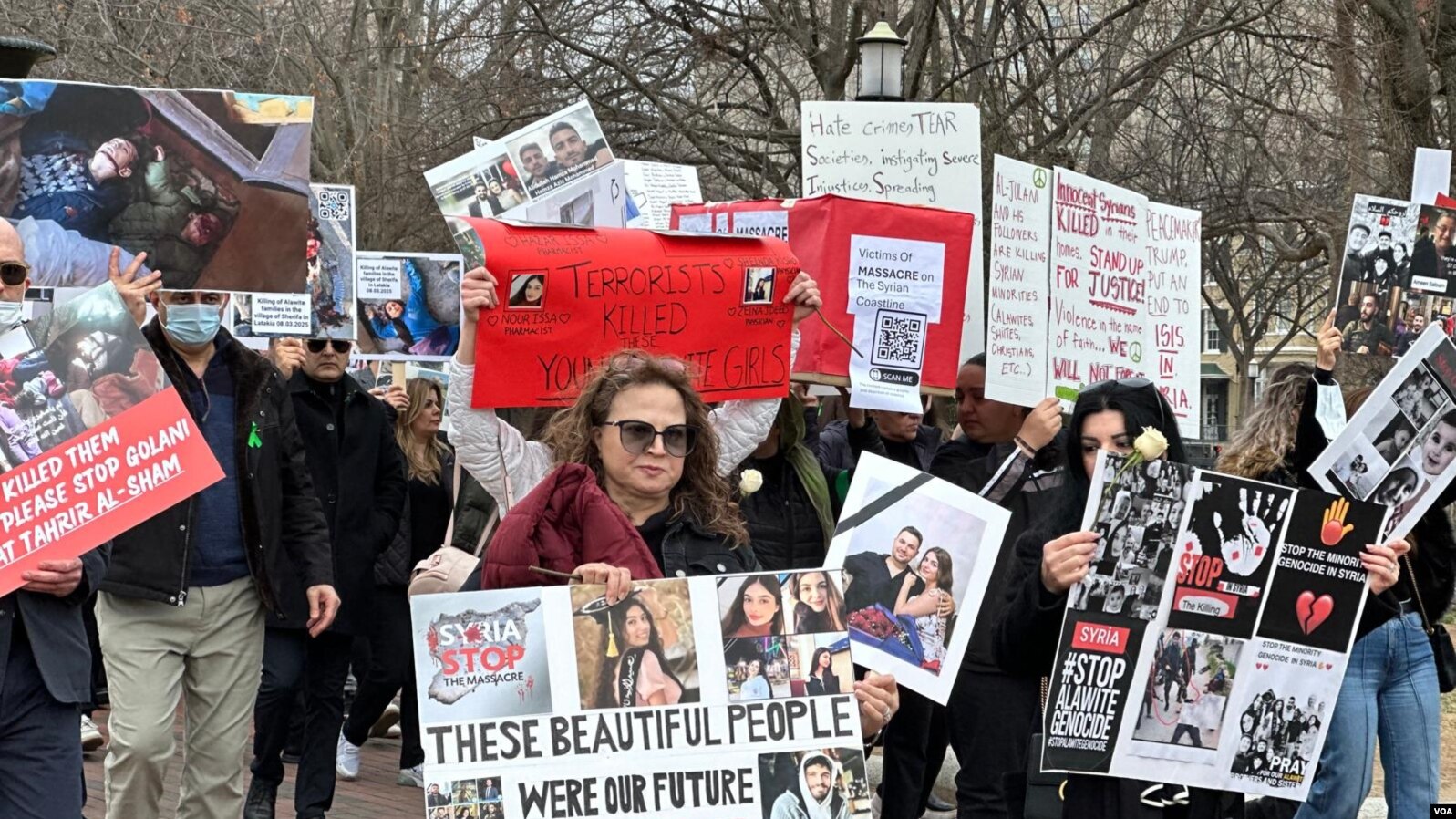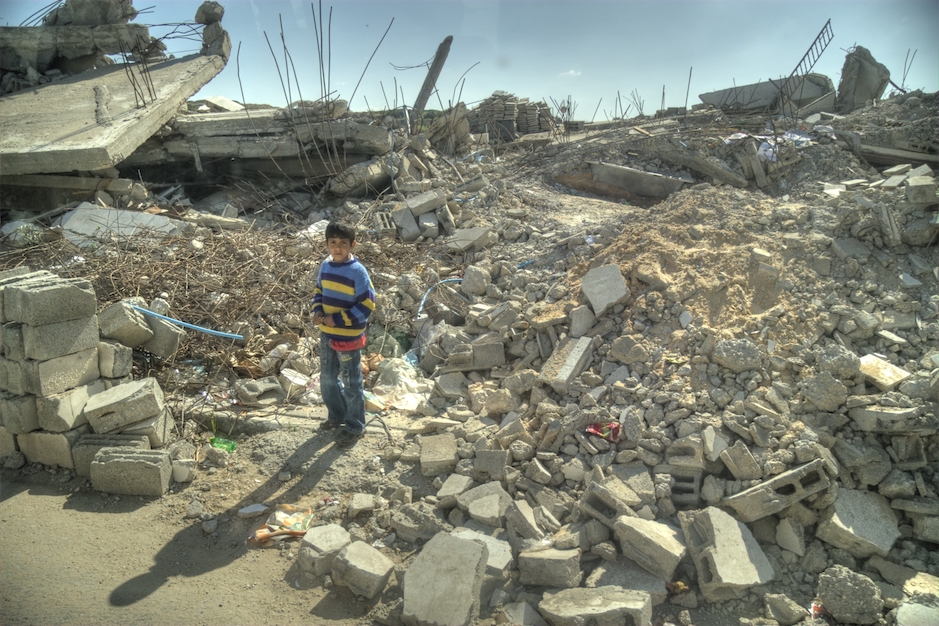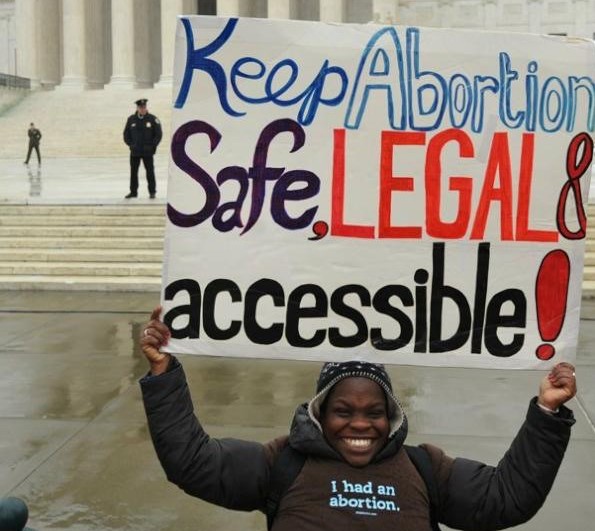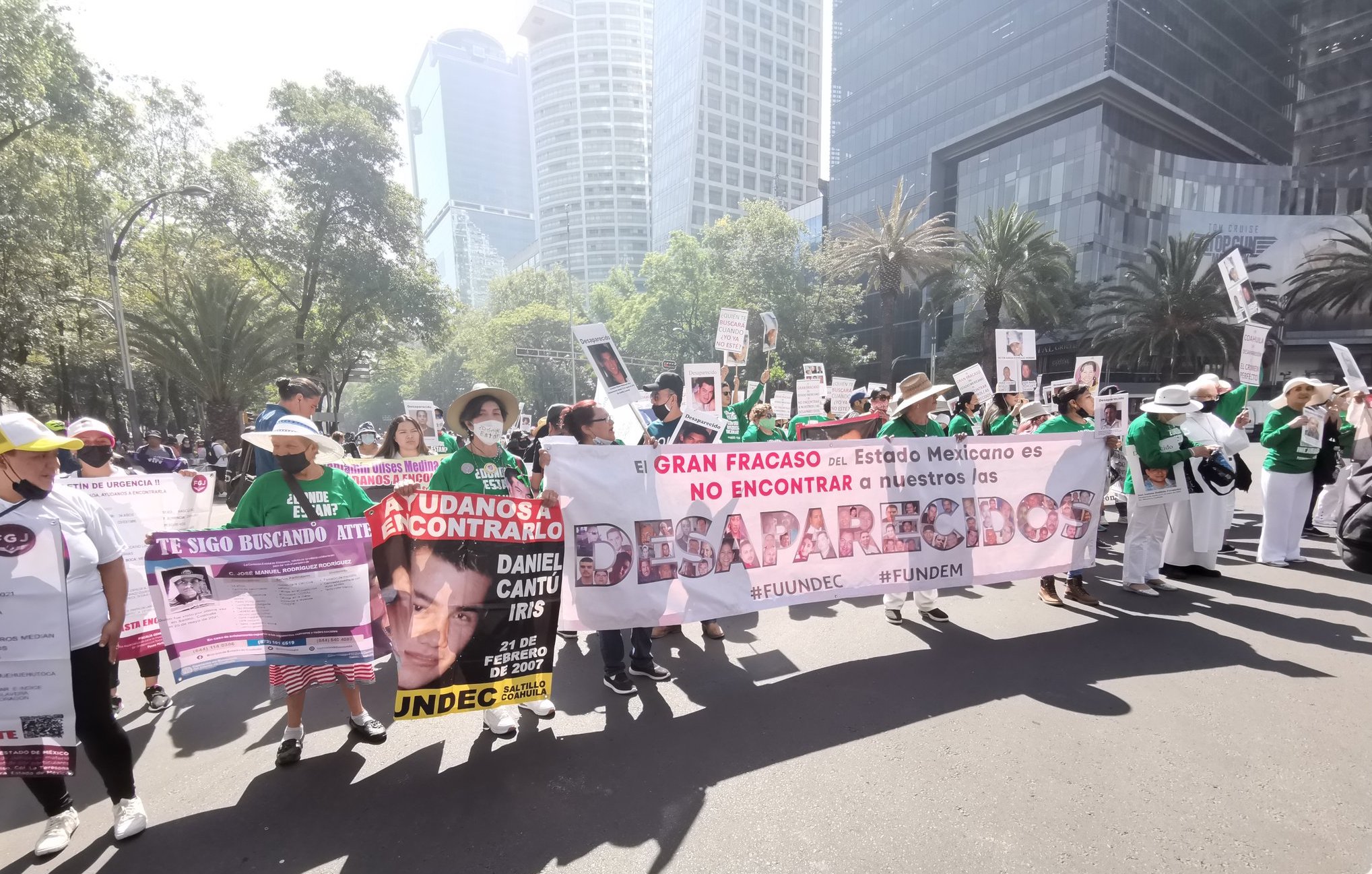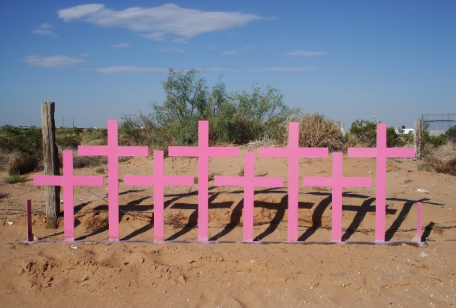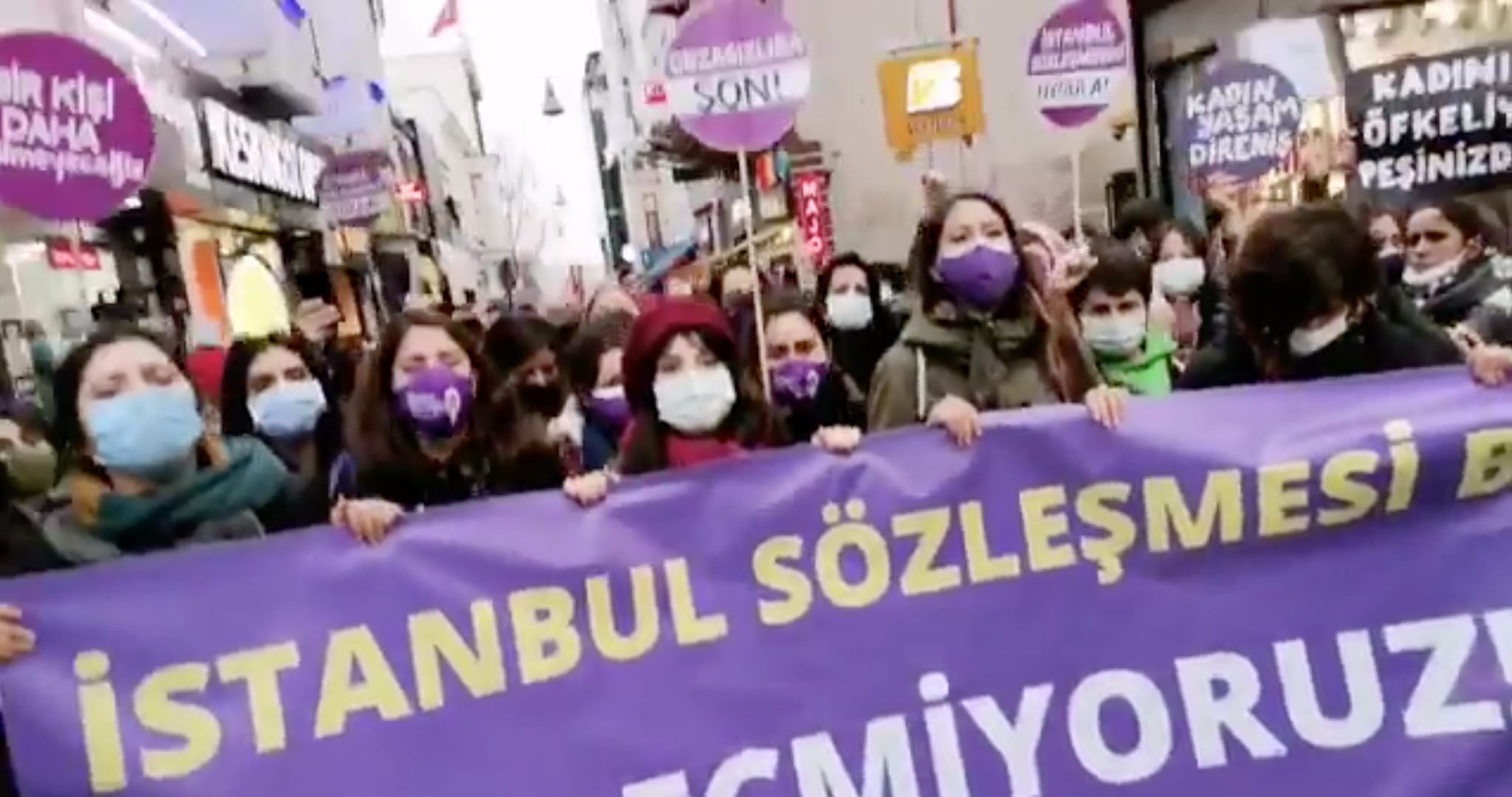Iran
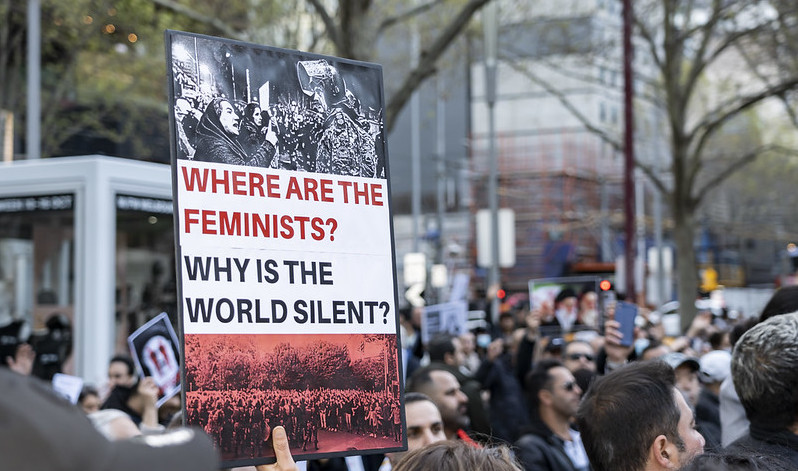
The monitoring group Iran Human Rights reported that at least 31 women were executed in the country in 2024, which marks the highest annual toll since the group began tracking executions in the Islamic Republic 17 years ago. The report found that between 2010 and 2024, at least 241 women were executed in Iran. Approximately 70% of them were accused of killing their male partners, often in the context of an abusive marriage, including child brides. However, Iran’s judiciary does not recognize mitigating circumstances such as spousal abuse or marital rape under sharia law. Furthermore, Iran’s practice of qisas (retributive justice) allows the victim’s family to demand either execution, forgiveness or diyya (blood money). The doctrine has contributed to the surge in the execution of women. Total executions in Iran last year surpassed 900, also marking a record. (Photo of Melbourne protest in support of Iranian women: Matt Hrkac/Flickr)
